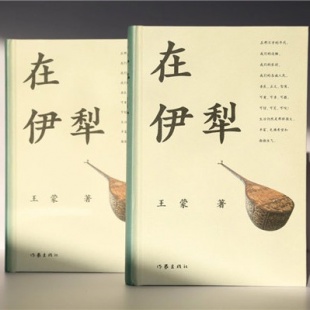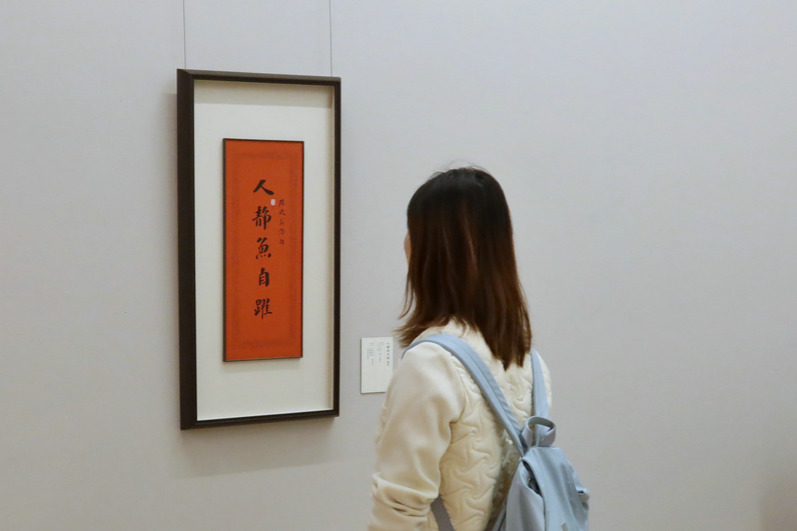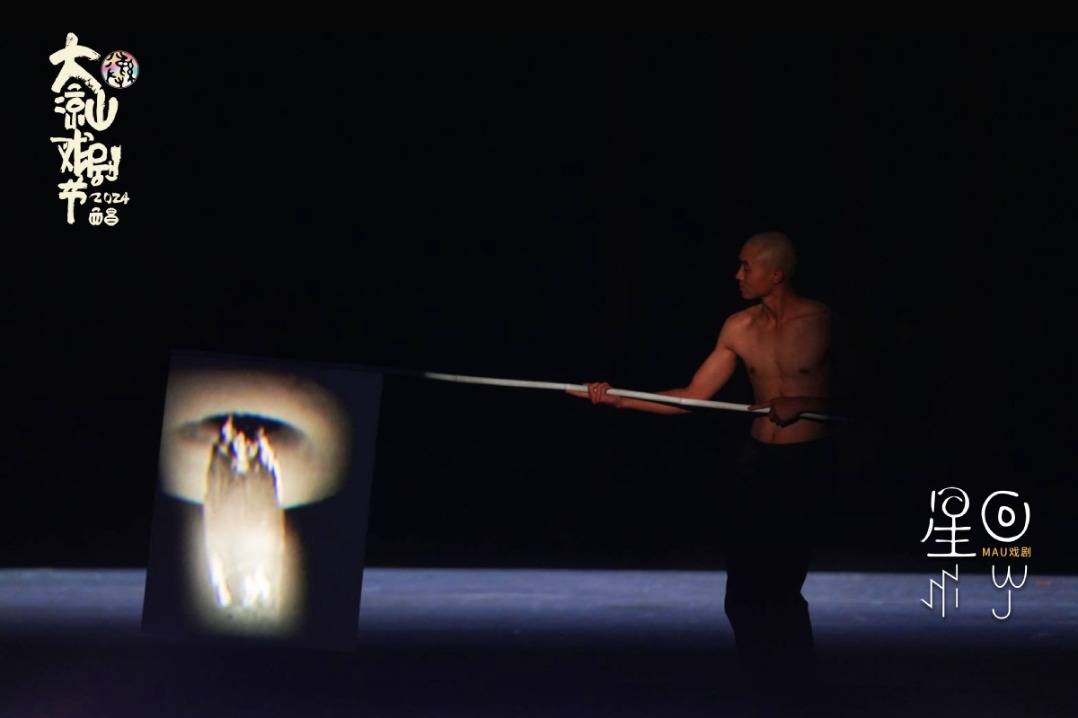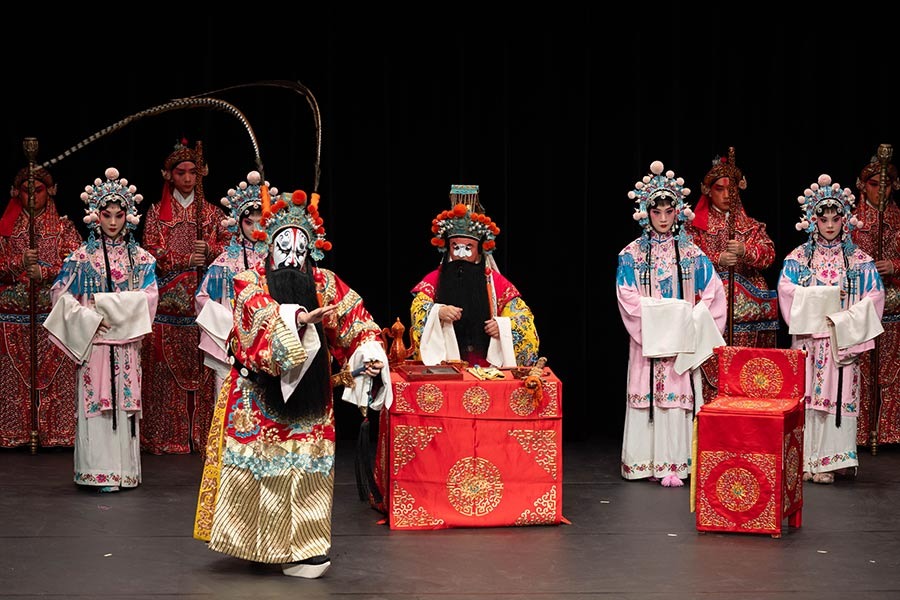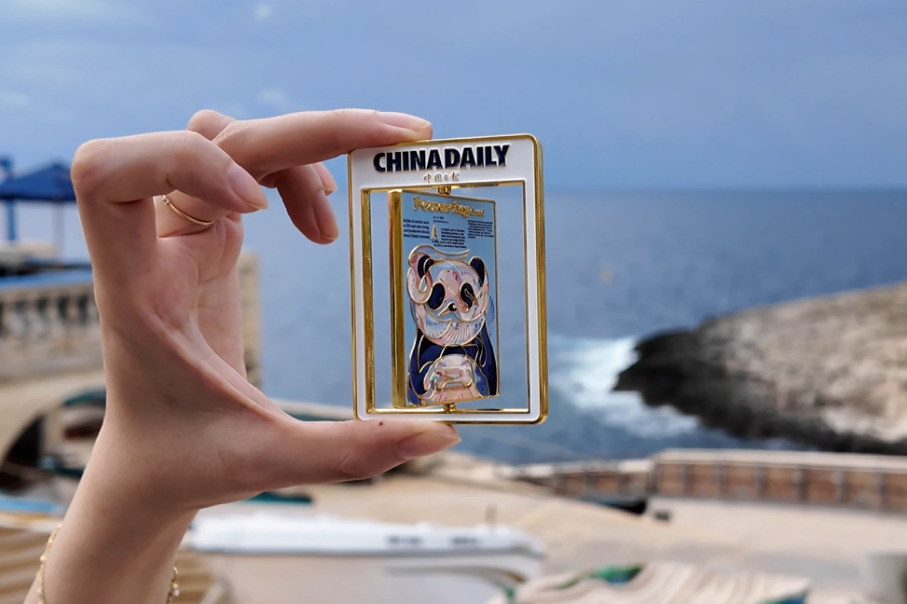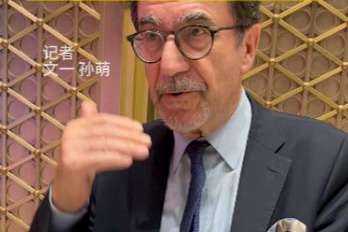Book depicts warm embrace of Uygur lifestyle


In 1965, the renowned writer Wang Meng went to the Ili Kazak autonomous prefecture in Xinjiang Uygur autonomous region for work. He ate and lived with the farmers, learning to use iron tools, mastering the Uygur language, and deeply adapted into the Uygur way of life.
Based on this six-year experience in Ili, Wang wrote the In Ili series of works between 1983 and 1984. This book was originally released by The Writers Publishing House in 1984 and has been republished by the same publishing house in July 2024.
"I deeply appreciate the republication of In Ili. It felt as though time had rewound back 40 years, and I was recounting memories of my 30s. It was a special time of youth and the prime of my life." Wang said at the launch of the new edition in Beijing on Oct 29.
In Ili comprises nine stories and s narrated from the perspective of the writer Lao Wang, who records his encounters with the local people of Xinjiang. The narrative depicts scenes of people from diverse backgrounds playing together, working in unison, and confronting life's challenges hand in hand. Through a prose-style portrayal of daily life and destinies of individual characters, the work provides readers a glimpse into the personalities of Uygur people.
This new edition includes a fresh preface Wang wrote in 1981 upon his return to Bayandai town in Ili, nearly two years after his departure. In this preface, he recounts a heartfelt reunion with his Uygur farmer friends, offering valuable insights into the characters and inspirations behind In Ili.
In the eyes of the Uygur people, individuals who fluently speak two languages are labeled as "two tongues", a term that suggests wit and is one of respect within the community.
One reviewer, Gulnar Obul, a member of the Party leadership group and vice-chairman of the Xinjiang Uygur Autonomous Region Association for Science and Technology, remarks, "because Lao Wang can speak both Mandarin and the Uygur language, he is a typical 'two tongues' person. Through his bilingual ability, I always sense the presence of two Lao Wangs, and this way of telling stories navigates between two cultures, showcasing dialogues and contemplation within Uygur culture".


